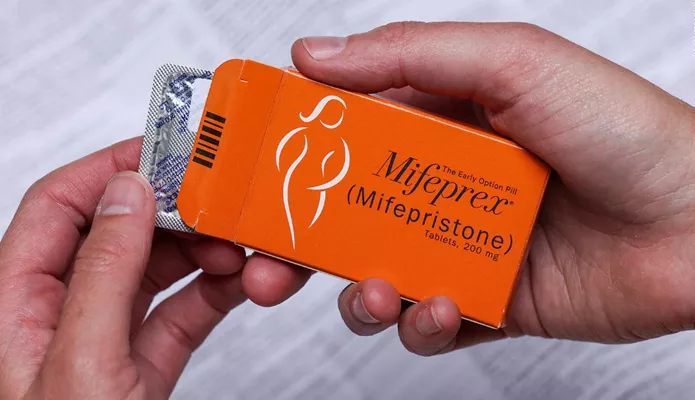A recent study published in the journal BMJ Sexual & Reproductive Health has unveiled a startling reality: many women undergoing medication abortions experience levels of pain that exceed their expectations. This research, which surveyed approximately 1,600 women in the U.K., highlights a critical gap in pain management counseling for this increasingly common procedure.
In the United States, over 60% of abortions are medication-based, typically involving two pills taken at home. Despite the prevalence of this method, many women reported feeling unprepared for the intensity of pain associated with it. The study found that more than 90% of participants rated their pain at a minimum of 4 out of 10, with nearly half indicating that the discomfort was greater than anticipated. Alarmingly, about 40% described their pain as severe, rating it between 8 and 10 on the scale.
Women are often advised to expect cramping similar to strong menstrual pains; however, many respondents felt this characterization was misleading. One participant noted that the pain felt akin to labor contractions, while another expressed concern that the severity of potential pain was downplayed in counseling sessions. The study’s lead author, Hannah McCulloch from the British Pregnancy Advisory Service, emphasized the need for realistic and detailed discussions about pain management to ensure women are adequately prepared for their experiences.
Dr. Alyssa Colwill, an associate professor at Oregon Health and Science University, echoed these sentiments, stating that understanding individual pain experiences is essential for effective patient care. Factors such as previous childbirth or chronic menstrual pain can influence how women perceive and manage discomfort during a medication abortion.
Dr. Daniel Grossman from the University of California San Francisco highlighted the importance of thorough counseling regarding what to expect during a medication abortion. He recommended taking nonsteroidal anti-inflammatory drugs (NSAIDs) like ibuprofen alongside misoprostol to help alleviate pain and suggested anti-nausea medications for those who may experience discomfort.
Despite these challenges, medication abortion is considered extremely safe, with serious side effects occurring in less than 0.5% of cases. However, it is crucial for healthcare providers to offer comprehensive support and guidance throughout the process. Understanding what constitutes “normal” pain versus signs that warrant medical attention is vital for patient safety.
As more women choose to self-manage their abortions following changes in legislation, it becomes increasingly important to ensure they receive accurate information about potential pain and how to cope with it. Emotional support from friends or family can also play a significant role in alleviating anxiety during this challenging time.
In conclusion, this study serves as a wake-up call for healthcare providers to enhance their communication regarding medication abortions. By providing realistic expectations and effective pain management strategies, they can empower women to navigate their experiences with greater confidence and support.
Read more:
- Can Birth Control Pills Cause Hot Flashes?
- 5 Lifestyle & Regular Check-Ups To Improve Women’s Health
- Top 6 Safest Birth Control Options For Women


